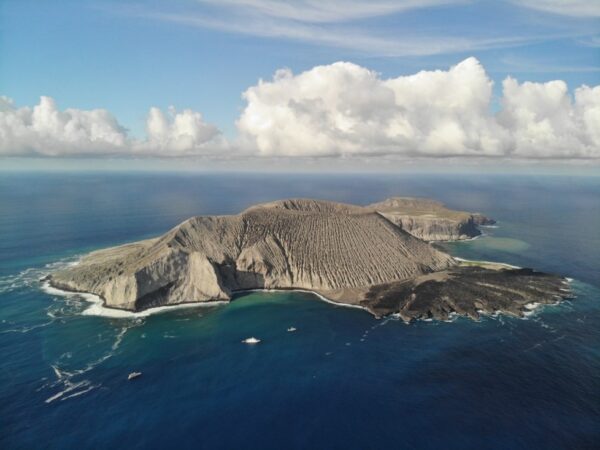A study published in Science Advances provides evidence that large-scale, offshore, and fully-protected marine areas (MPAs) protect biodiversity without negatively impacting fishing and food security.
In the first-ever “before and after” assessment of the impact of establishing Mexico’s Revillagigedo National Park on the fishing industry, a team of U.S. and Mexican researchers found that Mexico’s industrial fishing sector did not incur economic losses five years after the park’s creation despite a full ban on fishing activity within the MPA.
Photo by Raphaelgatti
Methodology
The study, conducted by a team of researchers from the Mexican Center for Marine Biodiversity, UC San Diego’s Scripps Institution of Oceanography, the Institute of Americas’ Gulf of California Marine Program, and the National Geographic Society, analyses the behaviour and productivity of the Mexican industrial fishing sector before and five years after the implementation of the largest fully protected MPA in North America, the Revillagigedo National Park.
Using data from satellite tracking, fish catches from the Mexican Fisheries Commission, and new AI tools from the Allen Institute for AI’s Skylight platform, the experts set out to determine whether the creation of the MPA reduced fishing within the protected area, whether fishing catches were affected and if the creation of the MPA displaced fishing onto a larger area, resulting in an overall negative impact on marine biodiversity.
“The use of satellite tracking devices and AI monitoring platforms was critical to show compliance from the fishing industry and for the MPA managers’ to monitor the protected area,” said Dr. Fabio Favoretto, postdoctoral scholar at Scripps Institution of Oceanography and lead author of the study.
Spillover
One reason for the MPA’s apparently minimal impact on commercial fishing, Dr Favoretto said, might be that the protected area “was almost insignificant” compared with the expanse of ocean available to the Mexican fleet.
Another “highly speculative” conclusion might be the existence of more fish in the areas around, as well as inside, MPAs, caused by a “spillover effect” into the surrounding seas, he said, adding that the research team aimed to look at this issue in its next study.
The peer-reviewed journal paper, in Science Advances, can be read here.
